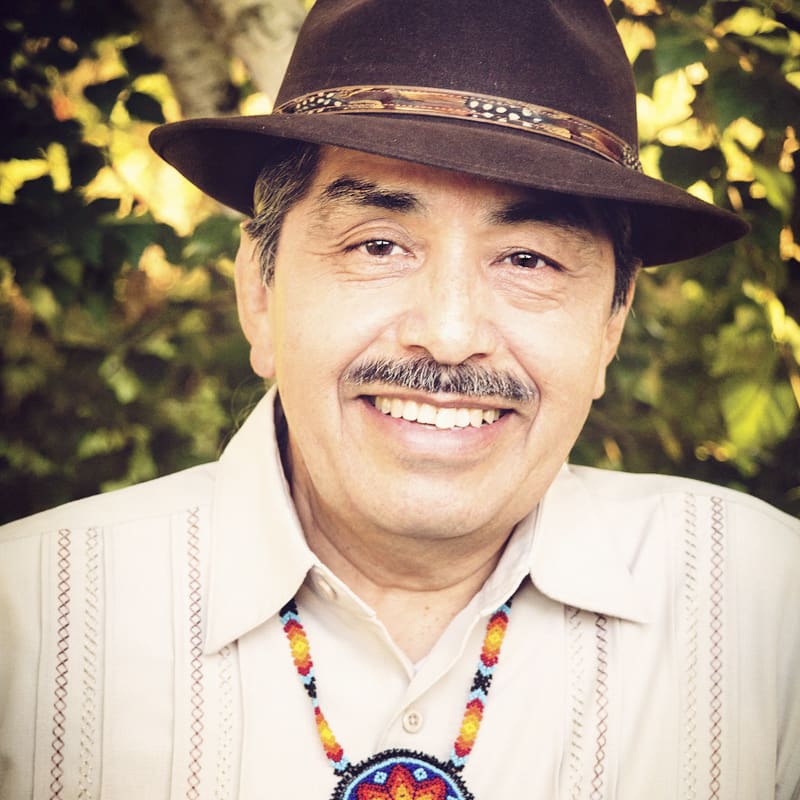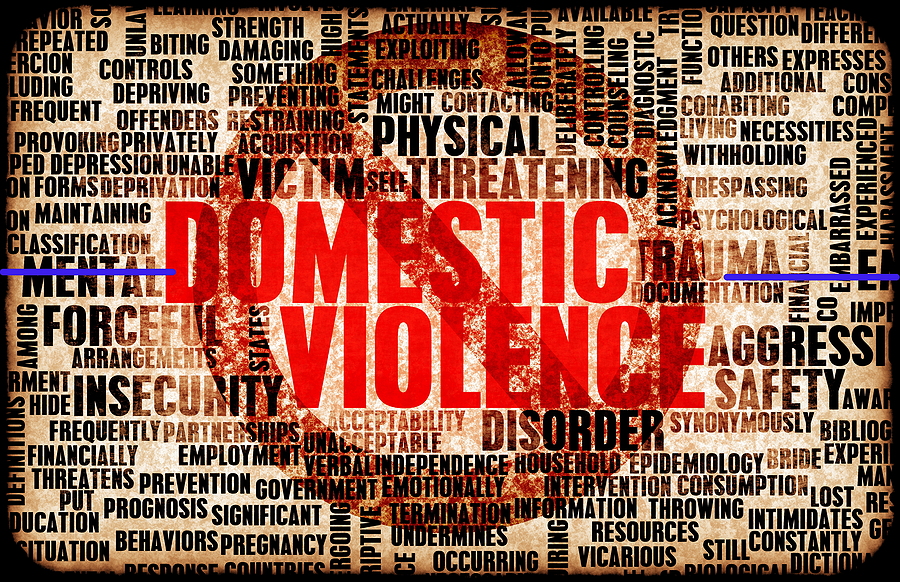October is Domestic Violence Awareness Month, and too often the issue is discussed solely as a “women’s issue.” We want to acknowledge all individuals who have carried the burden and responsibility of addressing domestic violence for their known and unknown sacrifices.
The truth is, relationship violence — or any violence — harms everyone. While women overwhelmingly bear the brunt of intimate partner violence, men cannot afford to remain silent or disengaged.
For nearly three decades, the National Compadres Network, a partner of the domestic violence helpline A Call for Change and a mutual partner in ending domestic violence with the Alliance for Boys and Men of Color, has recognized that domestic violence is an issue that affects us all. That silence and inaction of men allows cycles of generational trauma and abuse to persist.
At the same time, we also began to recognize the importance of healing individual and collective generational trauma. Recognizing this led to the creation of our Sacred Manhood Initiative in 2012, which focuses on uplifting positive values, traditions and responsibilities that support us in creating and maintaining healthy relationships.
For men of color, stepping into this work is not only about protecting families but also about healing, decolonizing and reshaping narratives of masculinity among ourselves, within our families and communities, centering our work on what is best for children, and breaking the cycle.
Moreover, we must recognize that domestic violence is deeply intertwined with larger systems of inequality. Communities of color often face economic instability and poverty, violence from police and agencies like ICE, and limited access to mental health resources.
The National Compadres Network has witnessed the vulnerability, pain, care and willingness of men to address these issues through yearly retreats, monthly healing circles, fatherhood efforts, and our youth rites-of-passage work. All men must do more.
Our palabra (promise) as men needs to be about speaking up in spaces where silence allows abuse to thrive — in spaces such as work, community and sports events, barbershops, community gatherings, and even in our families; and in spaces where conversations about gender and relationships naturally emerge.
There, we should be calling out jokes that minimize violence, calling out culturally inappropriate actions, challenging peers who belittle women, and supporting survivors at all costs. It is about reclaiming the essence of true sacred manhood and modeling and teaching this to the next generation. Men who walk the talk and speak out can create ripples that others follow, proving that rejecting abuse is not just a private choice but a public stance.
Fathers, brothers and sons who stand alongside women against abuse send a clear message: survival, safety and healing are collective responsibilities. This means listening with humility to women’s voices, learning from survivors, and ensuring that advocacy is not about men speaking for women but alongside them.
Change begins with developing awareness, deepening understanding, showing willingness to change, and taking responsibility for our actions through accountability. Challenging behaviors that contribute to domestic violence and other forms of patriarchal violence require courage and, in some instances, real bravery.
We must call out behaviors that normalize violence while also lifting the ways healed men can interrupt abuse by honoring their partners and children — through respect, love, nurturance and healthy connection.
Every man needs to ask: “How do I show up in my relationships? Am I reinforcing harmful stereotypes, or challenging them? Am I silent when I see disrespect, or am I willing to intervene?” These questions are not just advocacy; they are daily choices that shape the health of our communities.
Domestic violence thrives in silence, but it cannot survive in solidarity. Los hombres si cuentan, (“The men do count”) and we must consciously choose to be men of palabra, do our own healing, cleanse ourselves from colonized ways, and get involved in creating this new identity for ourselves. Addressing domestic violence requires us to confront the behaviors, attitudes and perceptions that allow this culture to continue.
We must choose to be men of palabra — men of action, men who heal, men who challenge the colonial structures that continue to define masculinity. Together, we can redefine masculinity — and ensure that the next generation walks in a world where violence is no longer tolerated, and healing is possible for all.
Let’s make October a month where we not only raise awareness but take action every day.


